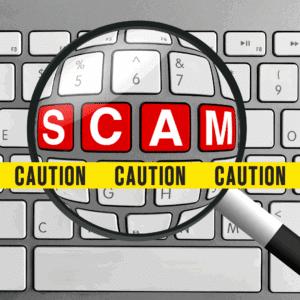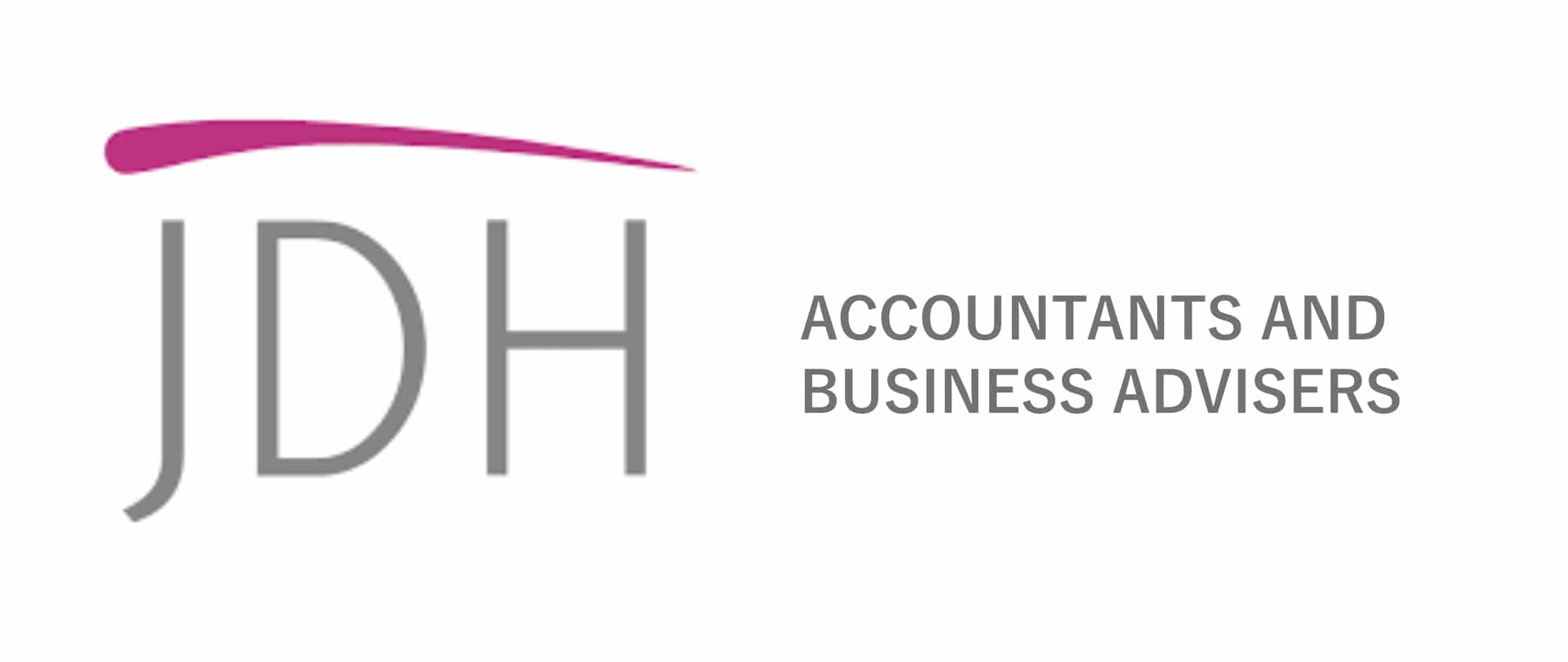
Tax Scams and What to Look Out For – Stay Alert This Season
It’s that time of year again — not just for tax returns, but also for tax scams. Scammers are especially active during filing season, trying to trick people into handing over money or sensitive personal details.
According to HMRC, they received nearly 900,000 reports of potential tax scams in 2018/2019 alone. And that number likely under represents the full scale, since many people don’t report suspicious contact at all.
To help you stay safe, here’s what to look out for — and what to do if something doesn’t seem right.
Spotting Dodgy Phone Calls
A common scam involves a call claiming you owe HMRC money. Here’s the truth: if you genuinely owe tax, HMRC will first send a statement, followed by reminder letters. Only after this official contact might they call.
So, if you receive a phone call demanding payment — and you haven’t had any prior letters — it’s likely a scam. The caller may try to:
-
Trick you into giving personal or banking information
-
Pressure you to transfer money immediately
-
Threaten legal action or arrest
What to do: Hang up immediately. Do not provide any details or call the number back — it may be linked to premium-rate charges. If you’re concerned about your tax situation, contact HMRC directly or speak to a qualified accountant for help.
Text Messages and Emails – Don’t Click!
HMRC will never text you about payments, refunds, or debts. Any message claiming to be from HMRC with a link to “claim a refund” or “pay now” is a tax scam.
Scam emails often appear legitimate, using real logos and professional language. They may include:
-
Payment requests
-
Tax refund offers
-
Suspicious attachments or links
Even if the email address seems genuine, do not click on any links or attachments. These could lead to phishing websites or install malware on your device.
Verify Information on HMRC’s Official Website
If you’re unsure whether a message or call is genuine, always check directly with HMRC. They regularly update their website with examples of known tax scams, so you can compare what you received to reported fraud attempts.
Visit the official site here:
🔗 https://www.gov.uk/search/all?keywords=scams&order=relevance
This page contains up-to-date warnings and advice on how to report suspicious contact.
Stay Informed – Don’t Get Caught Out by Tax Scams
Tax scams can be sophisticated and convincing — but staying informed is your best defence. Always remember:
-
HMRC won’t ask for personal info by phone, email, or text
-
Never click on links from unknown sources
-
Double-check with HMRC or your accountant if you’re unsure
👉 Think you’ve been targeted, or want help checking if a message is real? Get in touch with our team — we’ll guide you safely through the process and help protect your personal and financial information.
